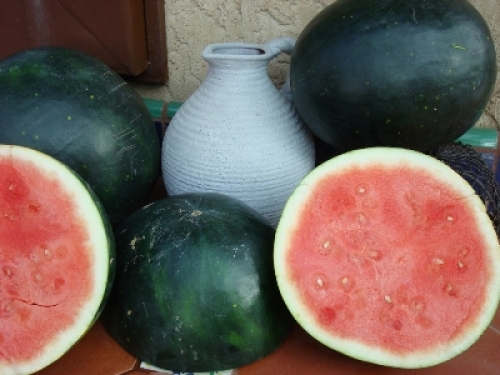
Every year the National Garden Bureau (NGB) selects an easy-to-grow vegetable to showcase for home gardeners. This year we’ll be celebrating all kinds of sweet, juicy watermelons.
The horticulture industry representatives that voted 2013 as The Year of the Watermelon knew what they were doing. Citrullus lunatus is one of the most useful fruits a gardener can grow because every part is edible. If you’ve ever enjoyed a refreshing watermelon martini or a tangy piece of pickled watermelon rind, then you know what I mean.
Watermelons come in different sizes, shapes and colors. You can select from picnic, icebox, seedless and even watermelons with yellow or orange flesh. We may have fond memories of family picnics with large oblong melons, but smaller melons seem to be more popular these days.
All-America Selections (AAS) selected a new medium-sized watermelon as one of its vegetables of the year and ‘Harvest Moon’ is likely to be a big hit in home gardens. ‘Harvest Moon’ is the first hybrid, seedless watermelon to win the AAS award. These watermelons are said to be similar to the heirloom variety called ‘Moon and Stars’ because they have a dark green rind with yellow dots.
‘Harvest Moon’ gained AAS honors because this variety is seedless, ripens earlier and produces a higher yield. AAS judges also thought the melons, with their sweet, pinkish-red flesh, tasted better, too.
Watermelons need a long growing season of at least 80 days, so plan ahead. Experts recommend starting seeds indoors to help with germination. Sow seeds four weeks before the last frost date in your area and transplant once night-time temperatures are reliably warm.
Hybrid “triploid” watermelon are seedless and sterile because they are the result of a cross between a seeded diploid parent and a tetraploid parent. To successfully grow triploids (seedless watermelon) you’ll need a diploid pollinator. When you buy packets of ‘Harvest Moon’ seeds, there will be enough pollinators for planting. If you purchase transplants, AAS recommends asking which pollinator is best to interplant with ‘Harvest Moon’ to ensure success.


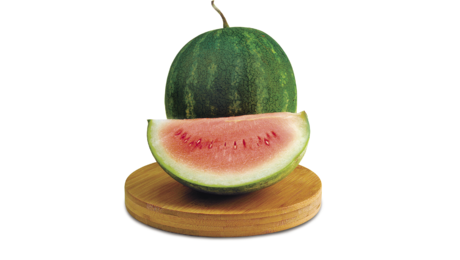



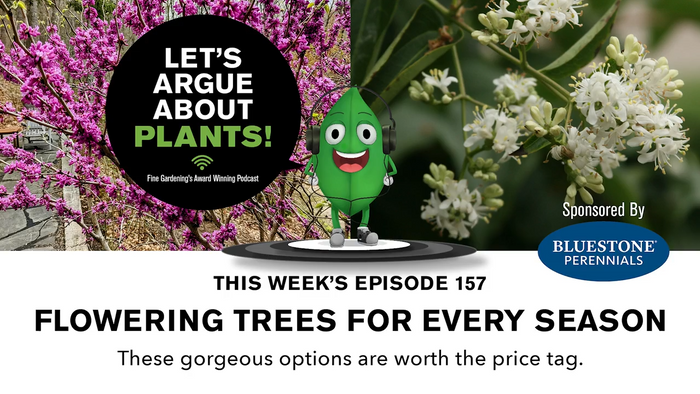
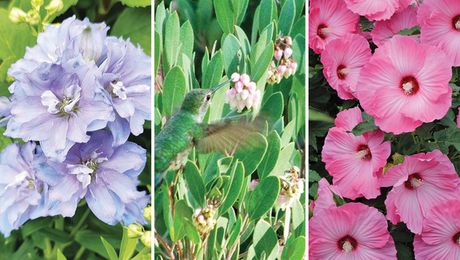





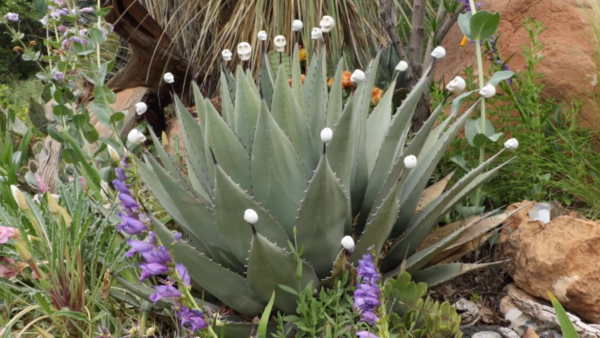




Comments
Log in or create an account to post a comment.
Sign up Log in